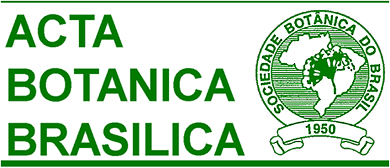Physalis angulata is also known as camapu, mullaca or juá-de-capote it belongs to the Solanaceae family. This species has its medicinal importance due to vitasteroids presence known as physalins, and currently due to its use as food. It propagates readily by seed, which is the reason why it is regarded as weeds in other crops. Accordingly, the identification of that species in the early stages of growth is indistinguishable from other weeds, hindering taxonomic characterization. Thus, the objective of this study was to morphologically characterize seeds and post-seminal development of Physalis angulata. The tests were developed in the Laboratory of Germination of the Experimental Unit/Nursery, in Feira de Santana/BA. Therefore, we have performed morphometric analysis of the seeds (4 replicates of 25 seeds) and we have analyzed their external and internal features with the aid of a stereoscopic microscope. For the description of the species seedlings it was used Petri dishes containing two sheets of filter paper (4 replicates of 20 seeds) and moistened with distilled water. The methodology for describing the post-seminal developmente was conduced under field conditions and consisted of evaluetions performed five days after sowing (inssuance of cotyledons) and the range of up to 15 days (and inssuing eophylls metaphylls) in which two replicates were used 20 pots. Assessments were performed five days after sowing (issuance of cotyledons) and ranging of up to 15 days (emission of eophylls and metaphylls). The seeds had an average of 1.55 mm long, 1.26 mm wide and 0.43 mm thick. The period of analysis was sufficient to characterize the seeds and seedlings of the species, applied as a criteria for abnormality.
Morphometric; seed coat; embryo; cotyledon; seedlings



